S. KOREA'S MEASURES AGAINST COVID-19
입력 2020.02.19 (15:04)
수정 2020.02.19 (16:45)
읽어주기 기능은 크롬기반의
브라우저에서만 사용하실 수 있습니다.
[Anchor Lead]
South Korea's 31st confirmed coronavirus patient is not believed to have traveled overseas or been in contact with another infected patient, like the two previous cases. With the number of confirmed patients on the rise, authorities believe the coronavirus outbreak is entering a "new phase", and are strengthening countermeasures to address the developing situation.
[Pkg]
Quarantine officials assess that the latest COVID-19 cases reported in the country whose infection routes are unclear likely reflect the fact that the outbreak is entering a new phase that goes beyond secondary or tertiary infection. If the infection routes of the three most recent cases fail to be confirmed, this may be a sign of the virus having spread into local communities, putting authorities on high alert. The government currently maintains the crisis response alert at the second highest level of "warning." Regarding calls it should be raised to the highest level of "serious," authorities stress that risk factors should be comprehensively considered along with the number of infections. The alert level is not likely to be raised right away, but response measures are expected to be stepped up. For instance, regulations are to be strengthened so that patients who check into hospital with pneumonia-like symptoms will be checked for COVID-19 even if the person has no travel history. Government reserve funds of 104 billion won that will go toward quarantine efforts were also approved in parliament on Tuesday. Face masks and hand sanitizers worth some 6.5 billion won will also be provided to 37-thousand childcare centers nationwide. Provincial and municipal education bureaus have also received special grants of nearly 25 billion won in emergency aid to help schools and kindergartens purchase medical supplies. The government has also inspected all nursing homes for the elderly who are especially vulnerable to the coronavirus. Response guidelines have also been sent out to prevent workers and other nursing facilities from infection.
South Korea's 31st confirmed coronavirus patient is not believed to have traveled overseas or been in contact with another infected patient, like the two previous cases. With the number of confirmed patients on the rise, authorities believe the coronavirus outbreak is entering a "new phase", and are strengthening countermeasures to address the developing situation.
[Pkg]
Quarantine officials assess that the latest COVID-19 cases reported in the country whose infection routes are unclear likely reflect the fact that the outbreak is entering a new phase that goes beyond secondary or tertiary infection. If the infection routes of the three most recent cases fail to be confirmed, this may be a sign of the virus having spread into local communities, putting authorities on high alert. The government currently maintains the crisis response alert at the second highest level of "warning." Regarding calls it should be raised to the highest level of "serious," authorities stress that risk factors should be comprehensively considered along with the number of infections. The alert level is not likely to be raised right away, but response measures are expected to be stepped up. For instance, regulations are to be strengthened so that patients who check into hospital with pneumonia-like symptoms will be checked for COVID-19 even if the person has no travel history. Government reserve funds of 104 billion won that will go toward quarantine efforts were also approved in parliament on Tuesday. Face masks and hand sanitizers worth some 6.5 billion won will also be provided to 37-thousand childcare centers nationwide. Provincial and municipal education bureaus have also received special grants of nearly 25 billion won in emergency aid to help schools and kindergartens purchase medical supplies. The government has also inspected all nursing homes for the elderly who are especially vulnerable to the coronavirus. Response guidelines have also been sent out to prevent workers and other nursing facilities from infection.
■ 제보하기
▷ 카카오톡 : 'KBS제보' 검색, 채널 추가
▷ 전화 : 02-781-1234, 4444
▷ 이메일 : kbs1234@kbs.co.kr
▷ 유튜브, 네이버, 카카오에서도 KBS뉴스를 구독해주세요!
- S. KOREA'S MEASURES AGAINST COVID-19
-
- 입력 2020-02-19 15:04:48
- 수정2020-02-19 16:45:53
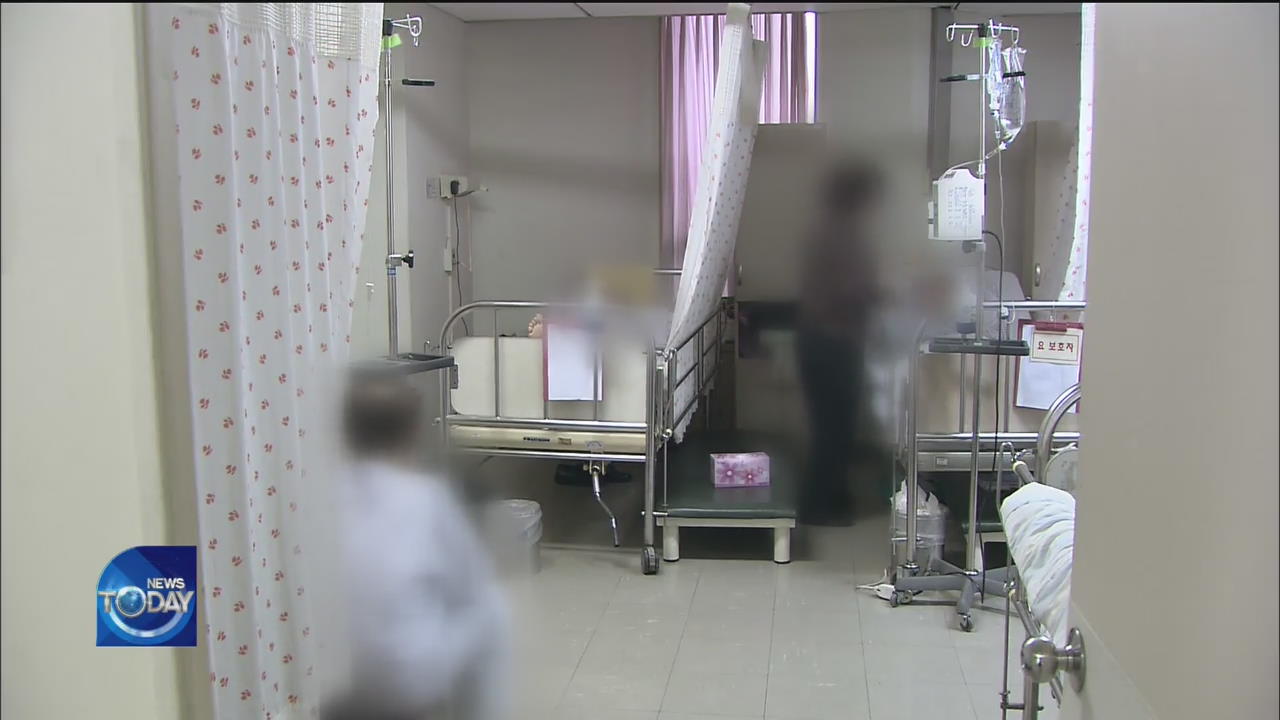
[Anchor Lead]
South Korea's 31st confirmed coronavirus patient is not believed to have traveled overseas or been in contact with another infected patient, like the two previous cases. With the number of confirmed patients on the rise, authorities believe the coronavirus outbreak is entering a "new phase", and are strengthening countermeasures to address the developing situation.
[Pkg]
Quarantine officials assess that the latest COVID-19 cases reported in the country whose infection routes are unclear likely reflect the fact that the outbreak is entering a new phase that goes beyond secondary or tertiary infection. If the infection routes of the three most recent cases fail to be confirmed, this may be a sign of the virus having spread into local communities, putting authorities on high alert. The government currently maintains the crisis response alert at the second highest level of "warning." Regarding calls it should be raised to the highest level of "serious," authorities stress that risk factors should be comprehensively considered along with the number of infections. The alert level is not likely to be raised right away, but response measures are expected to be stepped up. For instance, regulations are to be strengthened so that patients who check into hospital with pneumonia-like symptoms will be checked for COVID-19 even if the person has no travel history. Government reserve funds of 104 billion won that will go toward quarantine efforts were also approved in parliament on Tuesday. Face masks and hand sanitizers worth some 6.5 billion won will also be provided to 37-thousand childcare centers nationwide. Provincial and municipal education bureaus have also received special grants of nearly 25 billion won in emergency aid to help schools and kindergartens purchase medical supplies. The government has also inspected all nursing homes for the elderly who are especially vulnerable to the coronavirus. Response guidelines have also been sent out to prevent workers and other nursing facilities from infection.
South Korea's 31st confirmed coronavirus patient is not believed to have traveled overseas or been in contact with another infected patient, like the two previous cases. With the number of confirmed patients on the rise, authorities believe the coronavirus outbreak is entering a "new phase", and are strengthening countermeasures to address the developing situation.
[Pkg]
Quarantine officials assess that the latest COVID-19 cases reported in the country whose infection routes are unclear likely reflect the fact that the outbreak is entering a new phase that goes beyond secondary or tertiary infection. If the infection routes of the three most recent cases fail to be confirmed, this may be a sign of the virus having spread into local communities, putting authorities on high alert. The government currently maintains the crisis response alert at the second highest level of "warning." Regarding calls it should be raised to the highest level of "serious," authorities stress that risk factors should be comprehensively considered along with the number of infections. The alert level is not likely to be raised right away, but response measures are expected to be stepped up. For instance, regulations are to be strengthened so that patients who check into hospital with pneumonia-like symptoms will be checked for COVID-19 even if the person has no travel history. Government reserve funds of 104 billion won that will go toward quarantine efforts were also approved in parliament on Tuesday. Face masks and hand sanitizers worth some 6.5 billion won will also be provided to 37-thousand childcare centers nationwide. Provincial and municipal education bureaus have also received special grants of nearly 25 billion won in emergency aid to help schools and kindergartens purchase medical supplies. The government has also inspected all nursing homes for the elderly who are especially vulnerable to the coronavirus. Response guidelines have also been sent out to prevent workers and other nursing facilities from infection.
이 기사가 좋으셨다면
-
좋아요
0
-
응원해요
0
-
후속 원해요
0










![[HEADLINE]](https://news.kbs.co.kr/data/news/2020/02/19/4384642_10.jpg)
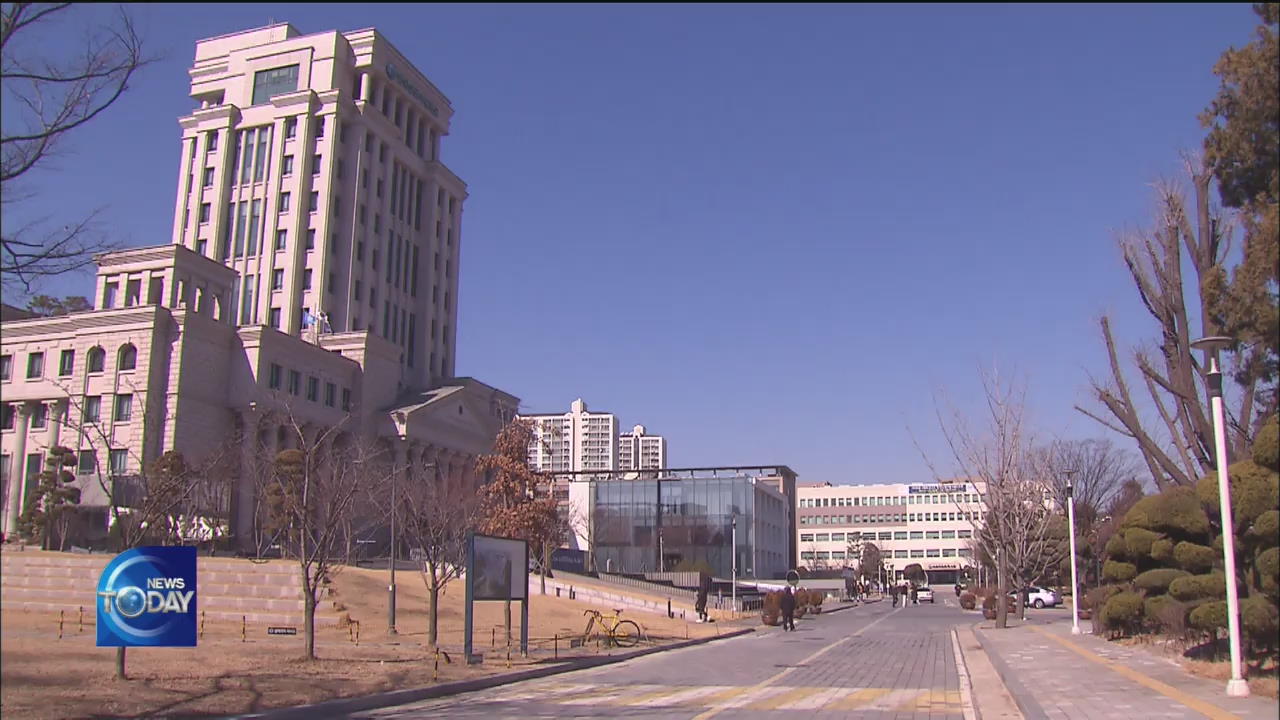
![[단독] “윤석열·김용현 등 공모해 군사상 이익 해쳐”<br>…외환죄 대신 일반이적죄 적용](/data/layer/904/2025/07/20250714_3VTJV3.jpg)
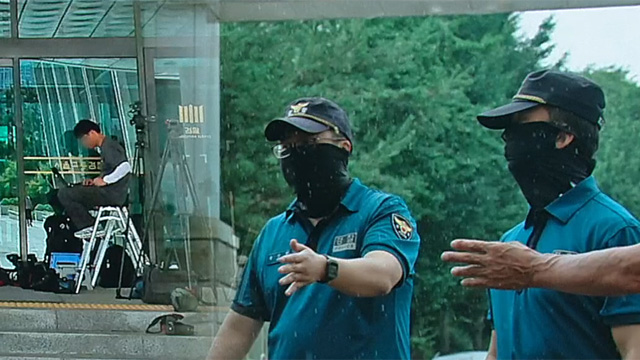
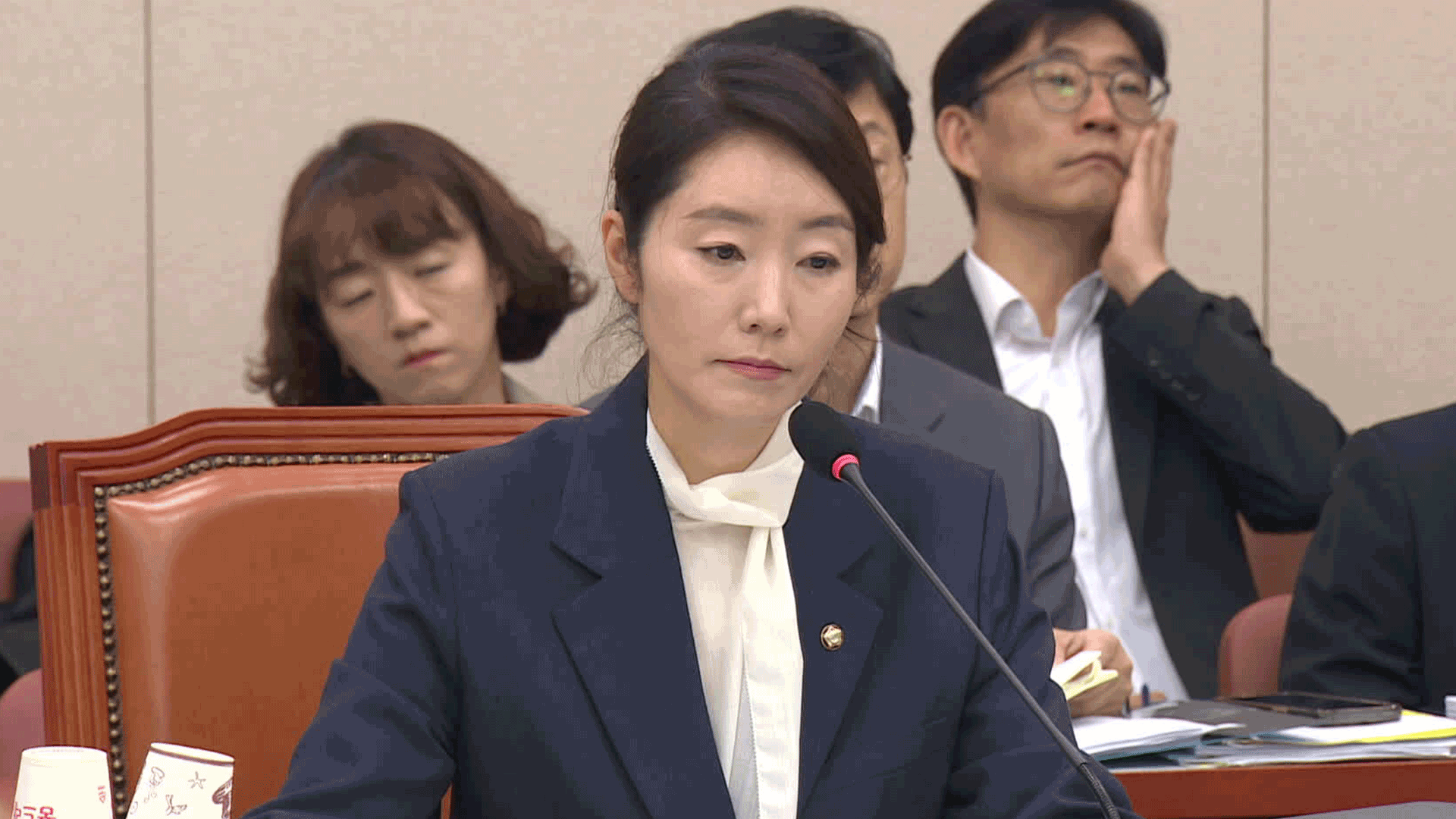
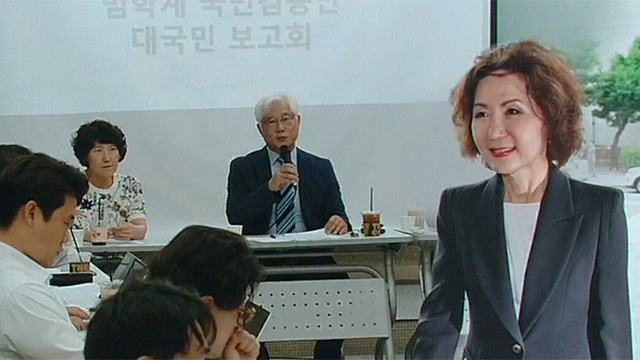

이 기사에 대한 의견을 남겨주세요.